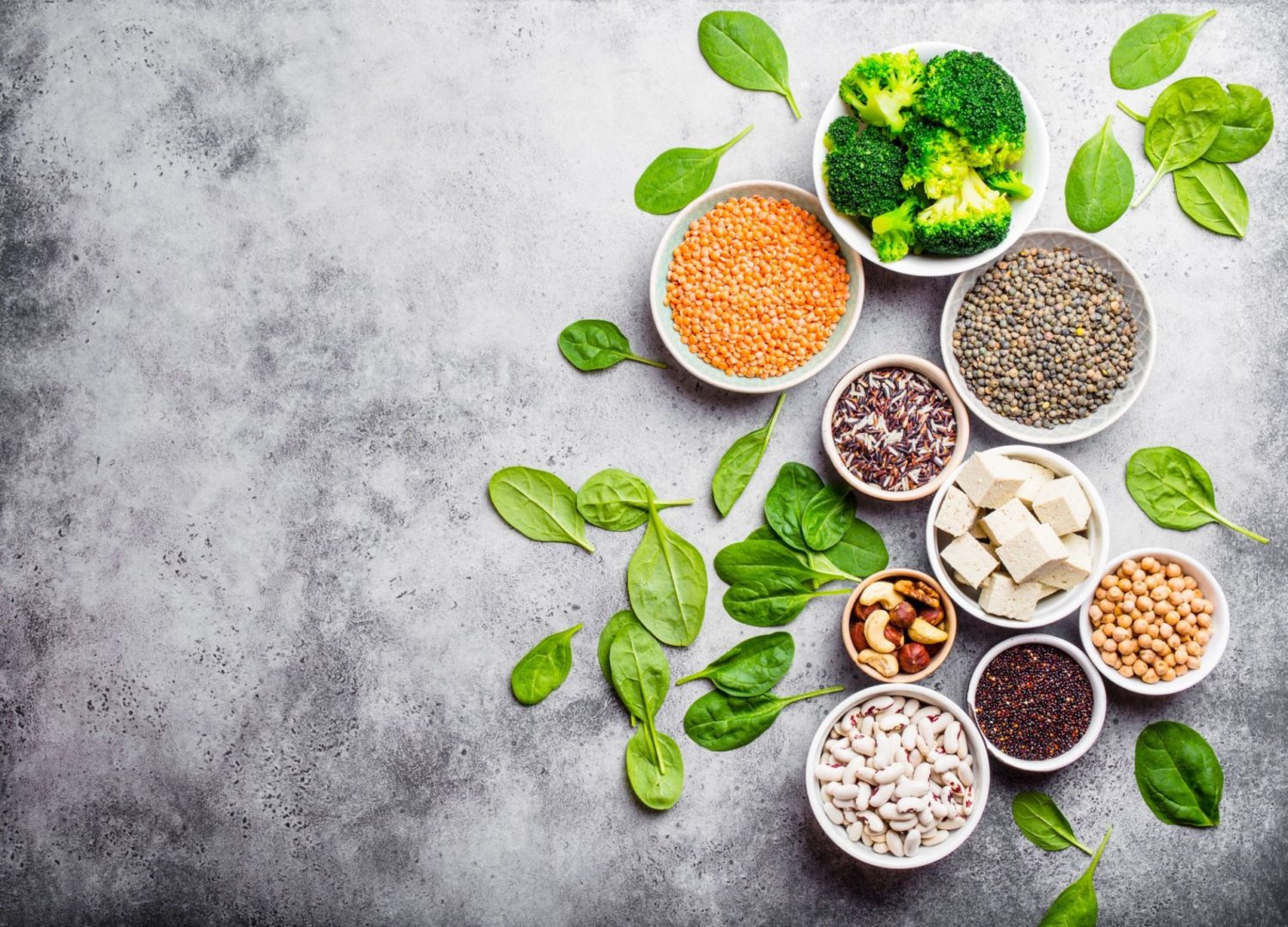The fields of health, food and agribusiness are in full swing. What opportunities does NOM business development see for the northern Netherlands? Project manager Joep de Vries closely follows the food transition in relation to three global Sustainable Development Goals: feeding the world, climate action and our health. He deliberately chooses that broad perspective because, "From there you can actually develop new business and help shape the food transition.
'Business development is looking ahead, making connections and asking yourself what makes us distinctive in the Northern Netherlands,' says Joep. 'Food is an important theme that is already reflected in various NOM programs, such as Food 2020 and Agrifood & biobased. Moreover, we see the necessity of the global protein transition that is already underway: a shift from animal to more vegetable proteins, to continue feeding the world population. Attention to the way we handle food goes beyond smart farming and smart processing. It requires a shift in our food culture. That means there are new challenges and opportunities for business to contribute to the Sustainable Development Goals (SDGs) around food, climate and health.'
When developing new business, Joep believes it is essential to make trade-offs from a holistic vision. 'It is good to first take a step back with every business case and ask yourself how the economic return relates to health, environment and a circular economy. Because what kind of future do we want? And what choices go with that? We know that only a fraction of consumers purposefully buy and eat sustainably. The majority of people - when it comes down to it - have motives other than climate and health when it comes to dealing with food. Yet we all want to live more responsibly and healthily. And that is where the opportunities and challenges for new business lie: products that connect well with the masses and that are produced and processed as efficiently as possible within the chain'.
Setting the tone
'The Northern Netherlands has what it takes to help set the tone in the food transition,' says the project manager. 'Just look at the most important basic building materials for humans: protein, carbohydrates, water and fats. Especially with regard to the first three, our region has got it right in terms of agriculture, activity and research. It is also interesting that the UMCG has valuable knowledge about the essential role of our intestinal flora for health. That helps make choices: What do we need to stay healthy? And how can agriculture provide these building blocks? But also: how can we fully value harvests? What can we achieve with processing and entrepreneurship to provide sustainable products? The challenge is to use land, water, raw materials, labor, time and money as meaningfully and efficiently as possible. With as little waste as possible.'
Although NOM looks beyond just preventing and reducing waste. 'We like to focus on food value, because you don't waste what is of value,' Joep observes soberly. 'With food value, the emphasis is on adding value to raw materials and food that is currently underutilized within the chain. How do we deal with what is already there? What opportunities are still to be developed in the circular economy? The challenge is to increase food value throughout the chain. This can be done with more efficiency on the production side, through smart farming and smart processing, but it can also be done by doing something completely different with the residual streams that are available. Think of animal feed, green (bio)chemistry or other applications outside the food industry'.
Innovation Program
Joep is pleased that the theme of food value is being taken up concretely by all Regional Development Companies (ROMs) with the national Business Innovation Program Food, to which NOM also contributes. 'Through an intensive innovation program, regional entrepreneurs can strengthen and accelerate business cases around food value. The national network is of value here: a residual stream in one region may be a useful raw material in another. Companies can inspire each other and, above all, act together. The innovation program works as an accelerator and is thus an opportunity for entrepreneurs to arrive at a valid business case. The circular economy is the starting point: for example, linking residual streams and surpluses to processing, production or sales facilities. But it is also about new product concepts - from food and feed to green chemistry - with a good story that are attractive to the market'.
The symbolic crooked cucumber is still too often left lying around now, which is why a well-thought-out business case is essential, according to the project manager. 'Innovation in this area is a challenge due to regulations, shelf life and logistics, but the consumer's perspective is perhaps the biggest challenge. It has already been mentioned: people say they want to live sustainably and healthily, but the behavior of the masses shows otherwise. And that is what we need to take into account when developing new business. With the Sustainable Development Goals on food, climate and health in mind. We have enough to offer in the Northern Netherlands - from parties like Avebe and the UMCG to the No Food to Waste platform - to play a significant role in the food transition. And one of those ways is to turn waste around by adding value.'
NOM is working on food value in collaboration with the ROMs and as a partner of the Foundation Together Against Food Waste.
